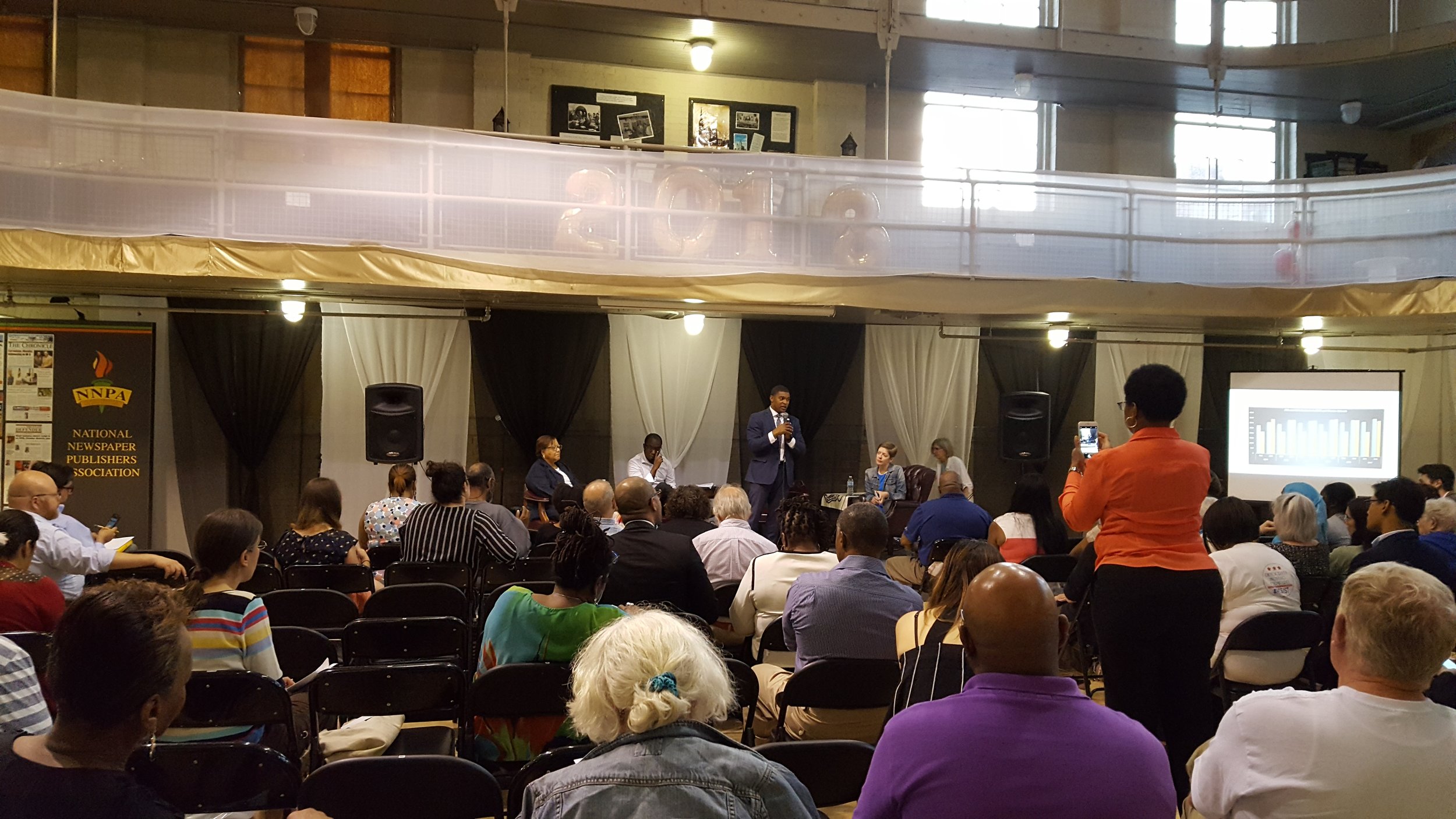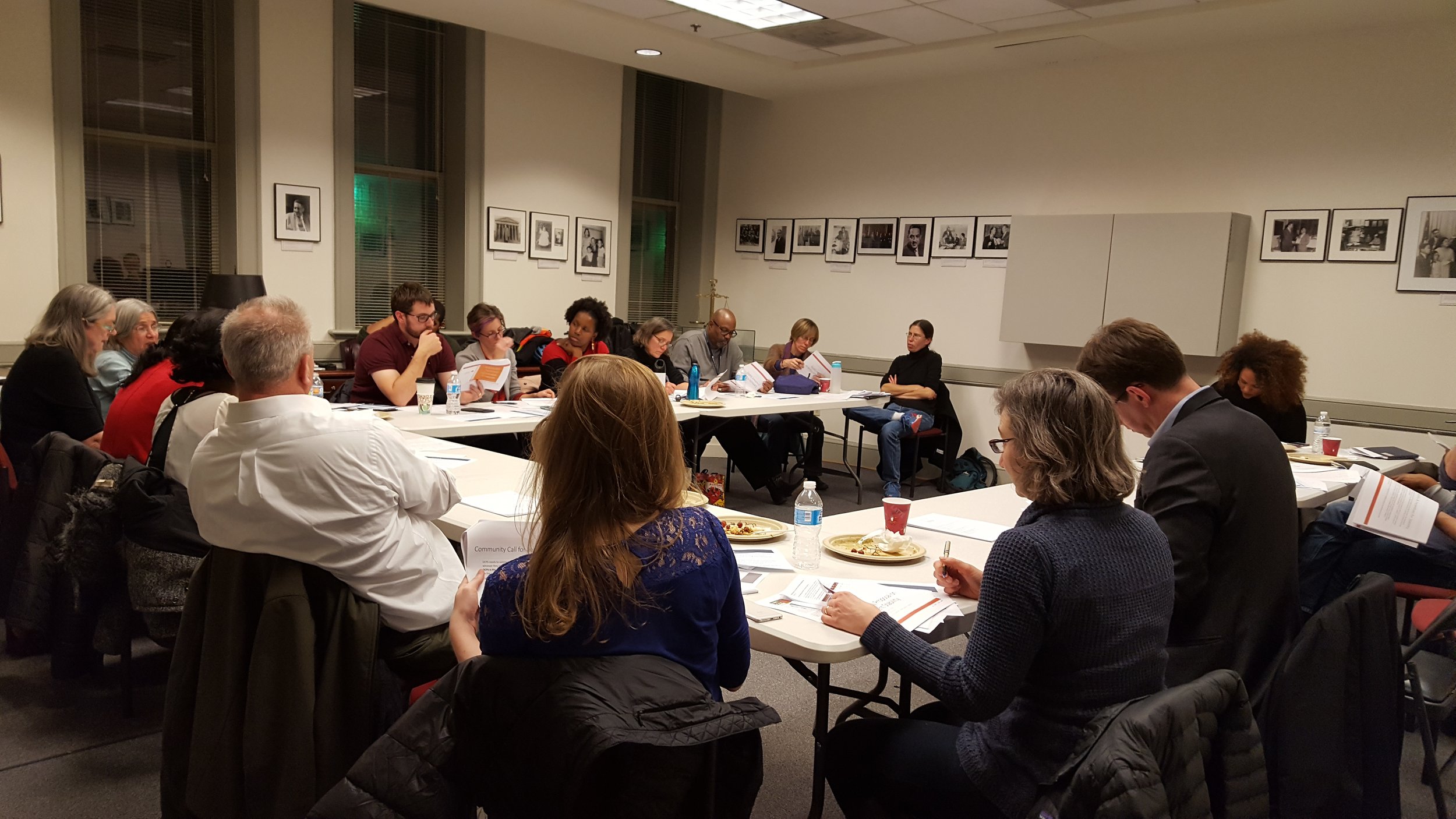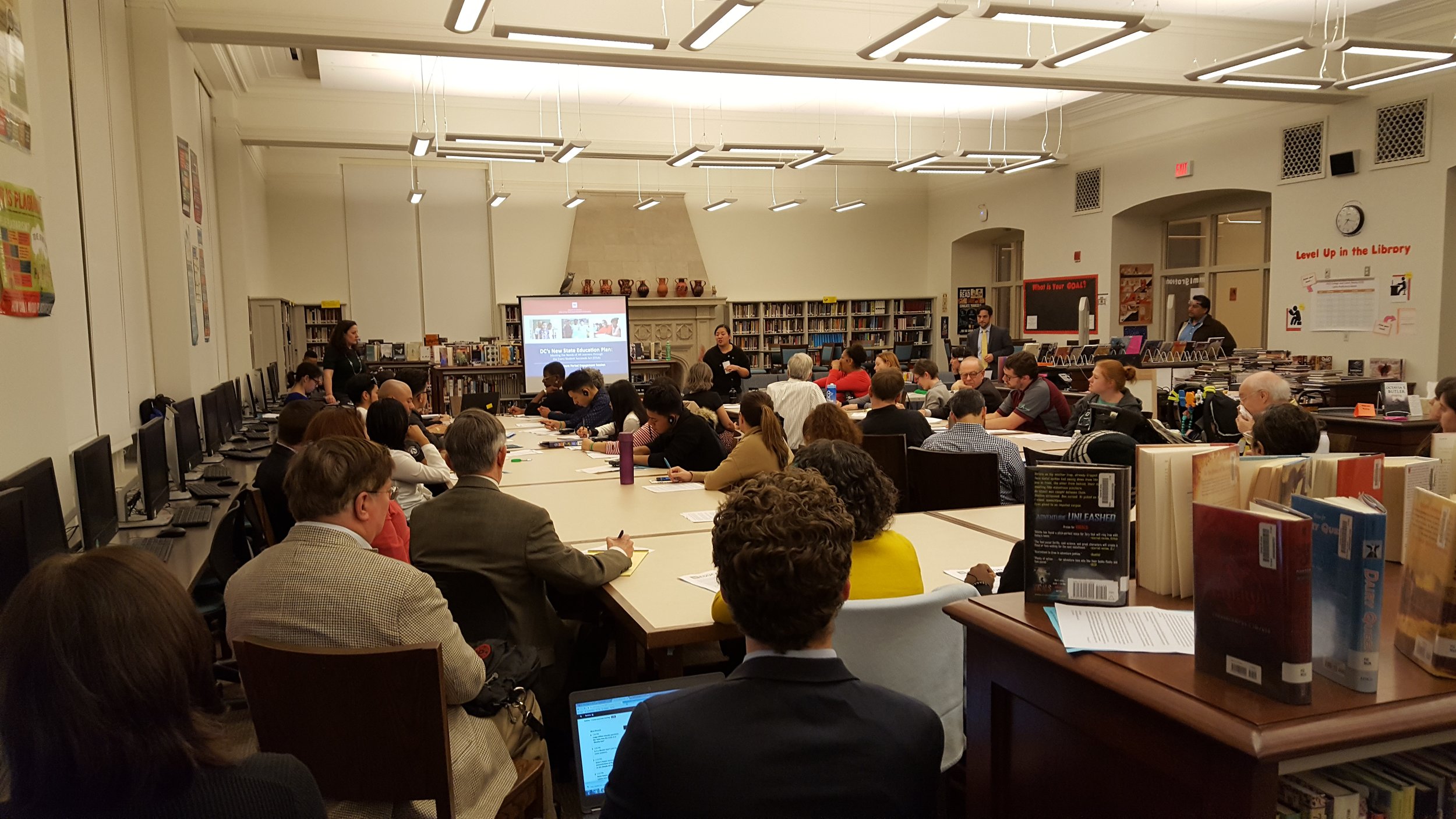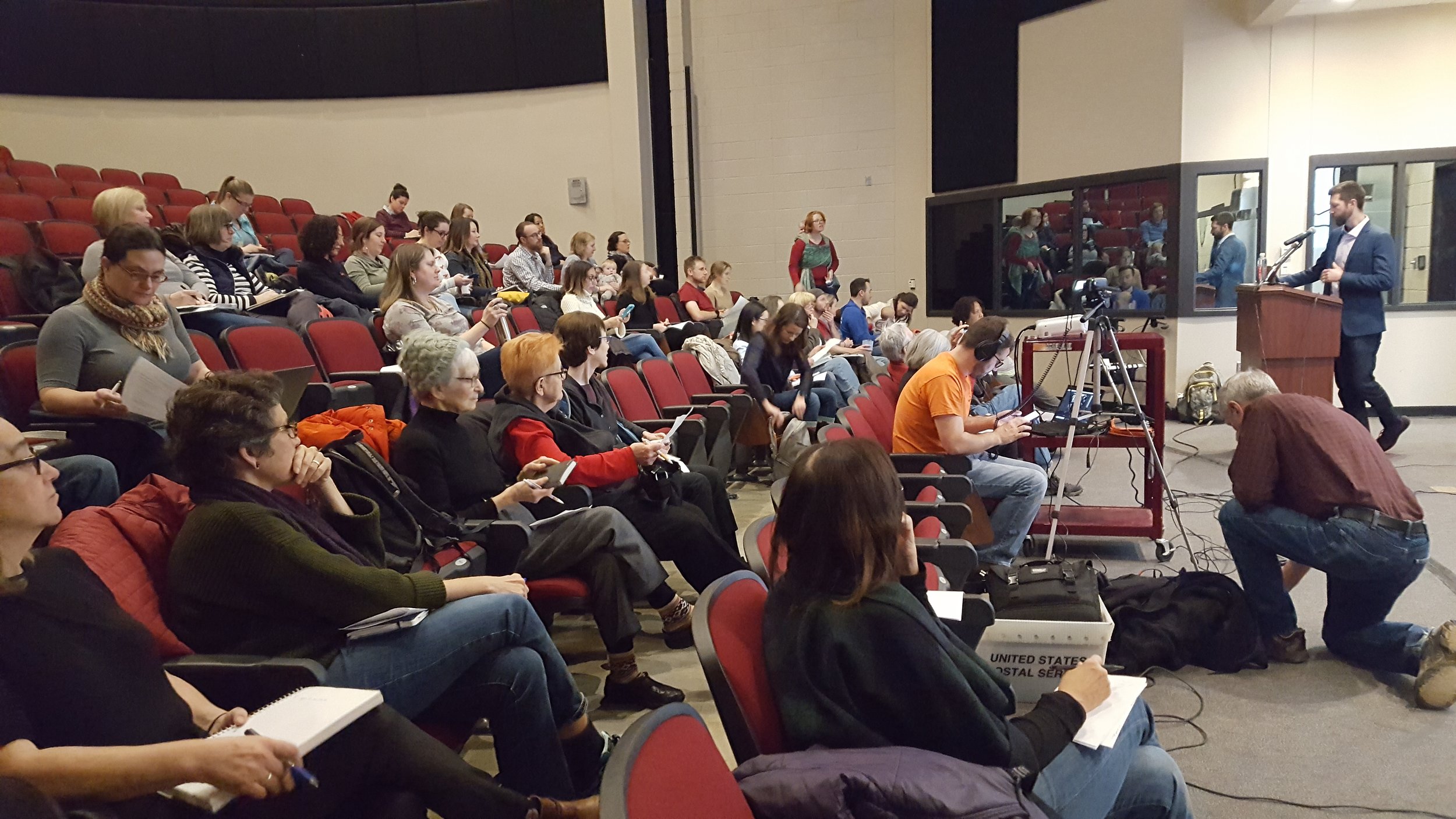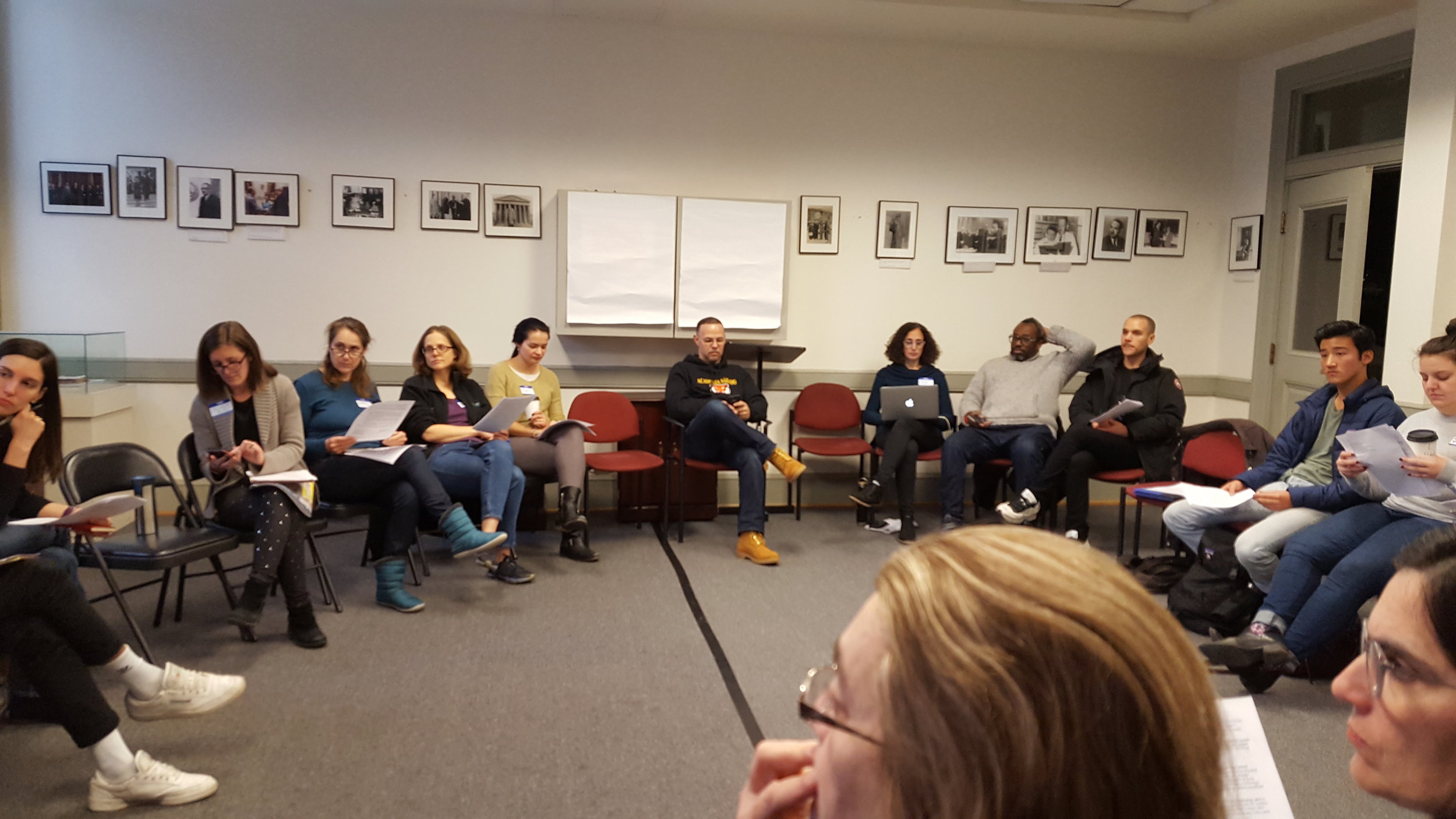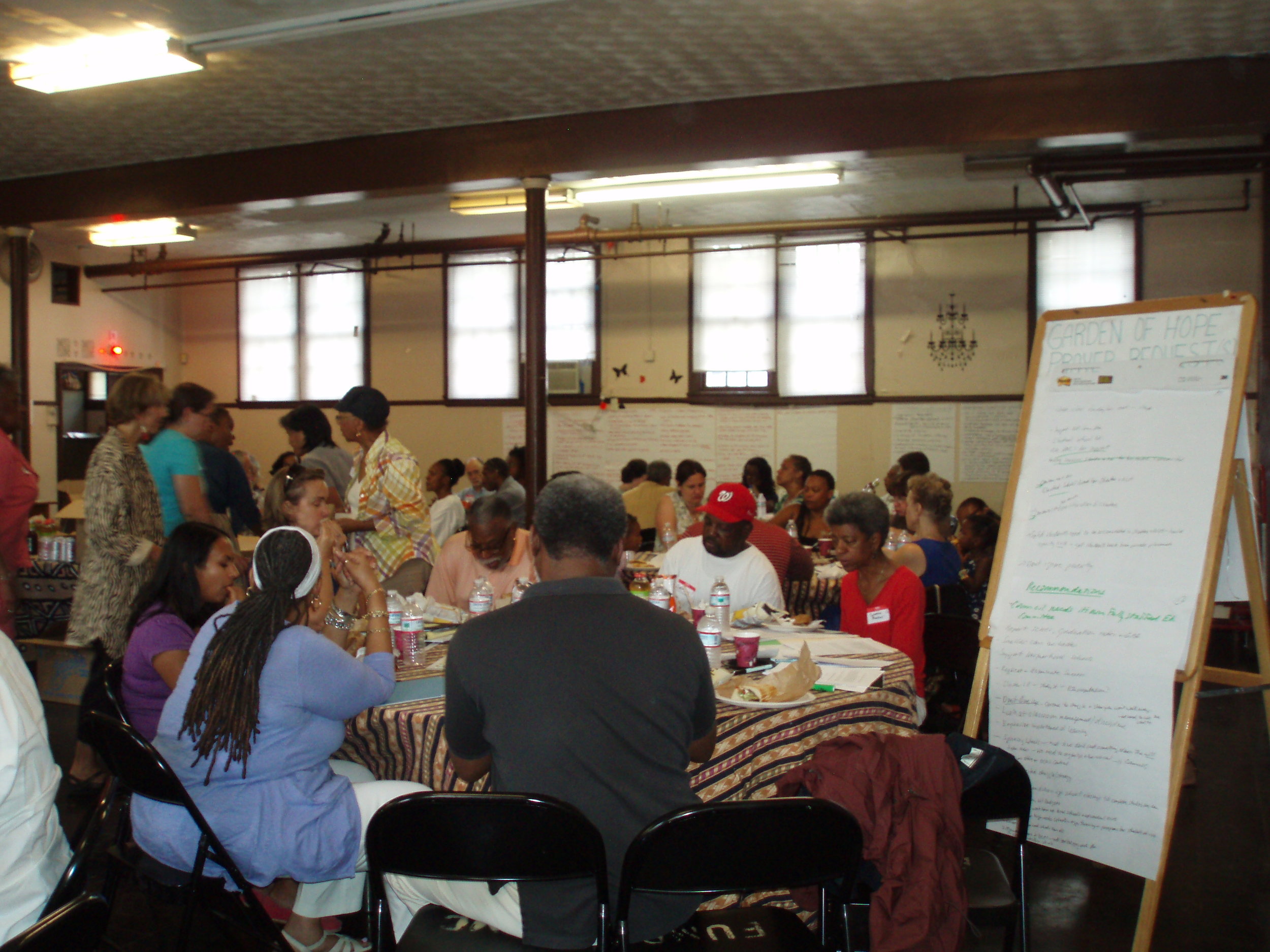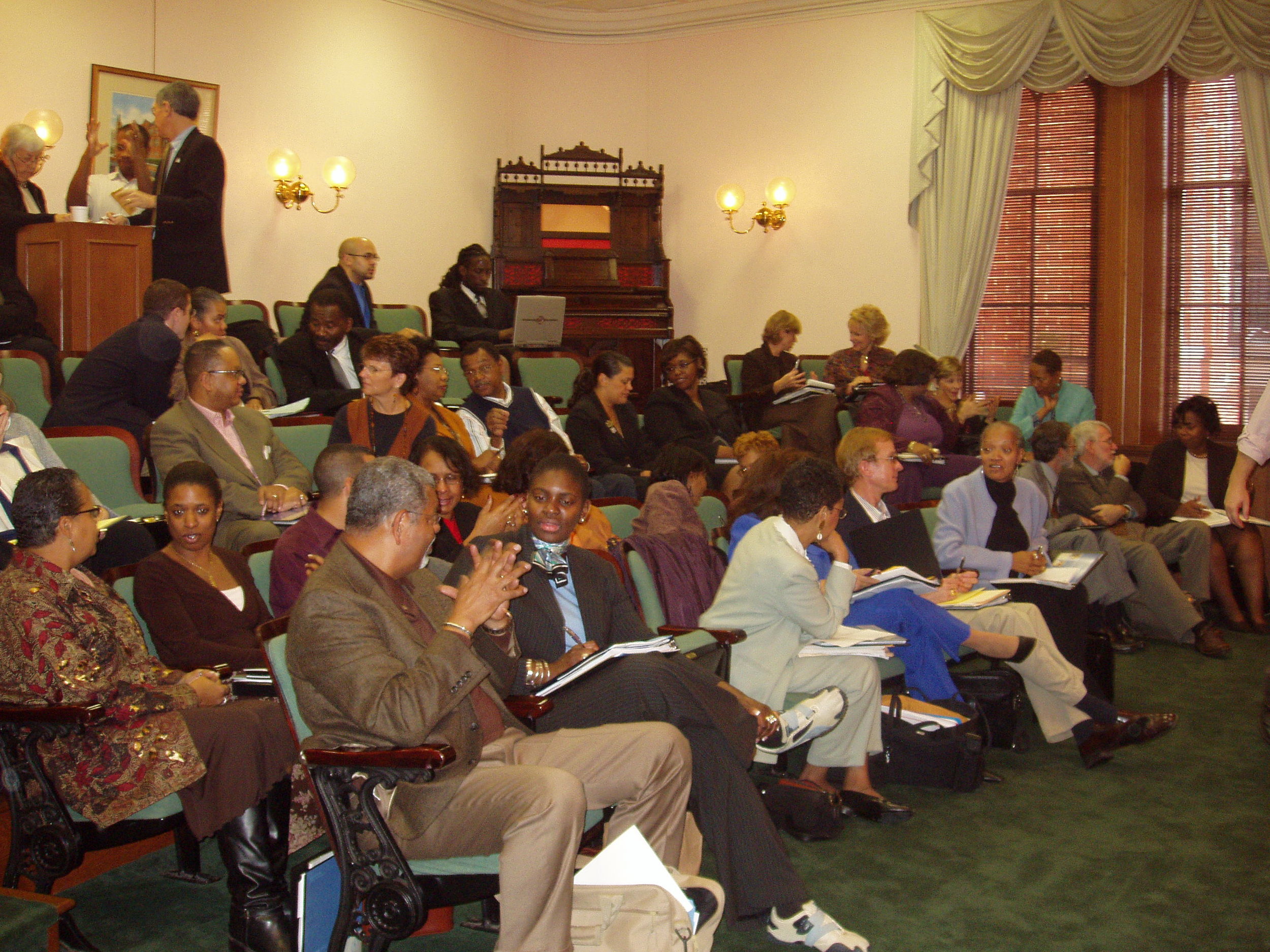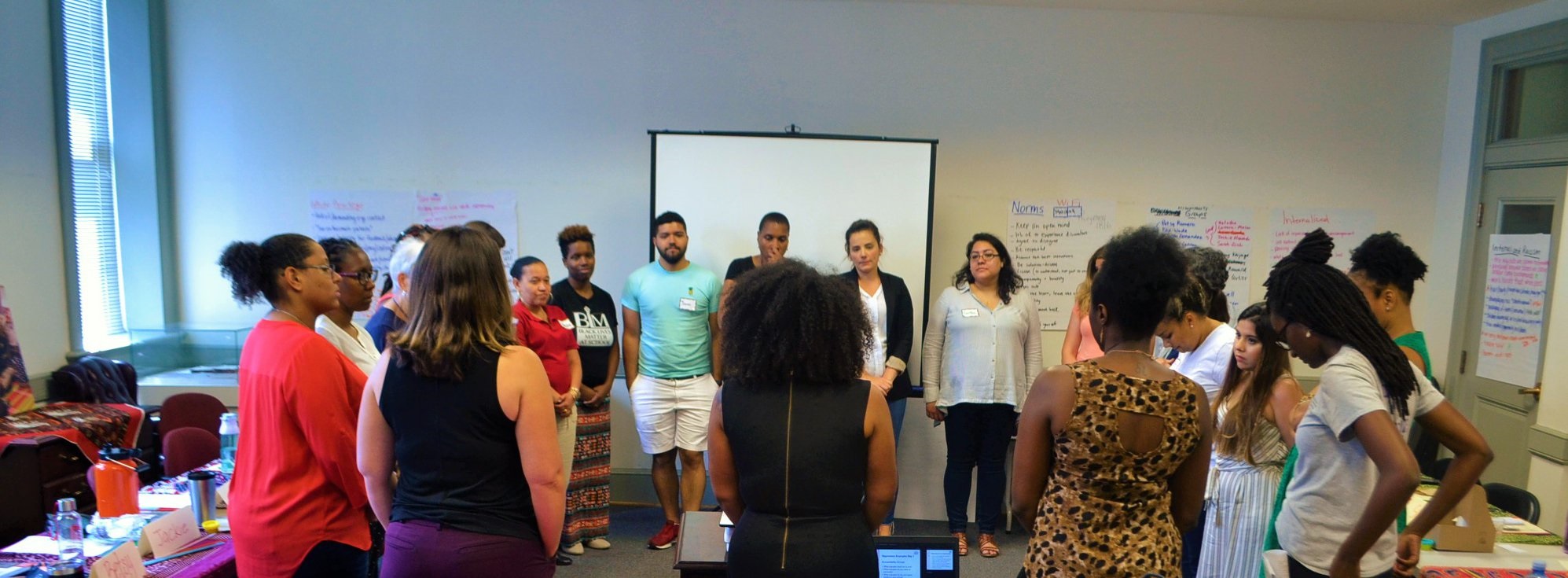WRITTEN STATEMENT OF MARY FILARDO, FOUNDER AND EXECUTIVE DIRECTOR, 21ST CENTURY SCHOOL FUND, WASHINGTON DC BEFORE THE HOUSE COMMITTEE ON EDUCATION AND LABOR ON APRIL 28, 2021
/I will address the following three questions in my written testimony:
1. Does our country need a federal program that invests in rebuilding our elementary and secondary public school buildings and grounds?
2. Is the Reopen and Rebuild America’s School Act (RRASA) the right federal program to address these issues?
3. Does the Reopen and Rebuild America’s School Act belong in a major infrastructure package with roads, highways, and bridges and other major public works sectors?
Read More